Best iPhone Apps to Track Driving Mileage Easily
Advertisement
If you’re a driver who needs to track miles for tax purposes, client billing, or reimbursement, using an app makes the task smoother. Manual logging is easy to forget and often inaccurate. Thankfully, iOS has some great options to automate the process with minimal input from you. Each app brings its own strengths, depending on whether you're self-employed, part of a team, or someone just looking to stay organized.
What Are the Best Apps for Tracking Miles for Drivers on iOS?
Everlance
Everlance has become a go-to for freelancers and business owners. The app automatically detects GPS to track your drives in real-time. After a trip is logged, you can label it as business or personal with one swipe. Everlance also includes the ability to designate working hours so it only logs relevant drives. It saves receipts and expenses in one place, which can be convenient during tax season.
TripLog
TripLog is more than just simple mileage tracking. It enables you to capture fuel expenses, parking charges, and tolls, which makes it great for people who prefer a better understanding of their driving costs. The program accommodates multiple cars and complements accounting software such as QuickBooks. It even has an auto-track option to begin tracking once your vehicle gains a specific speed.
MileIQ
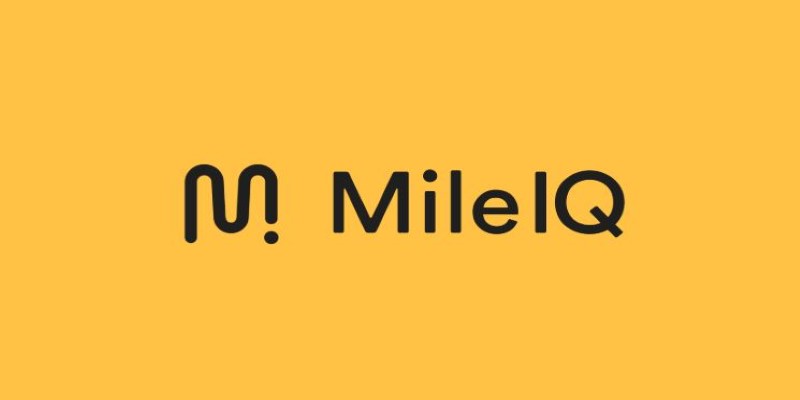
MileIQ is one of the simplest apps to use. It's designed to run in the background, logging each trip without needing you to open the app. At the end of the day, you just swipe left or right to sort your trips. This swipe feature has become a signature part of the app. It doesn't require any complex setup, and its reports are easy to understand, making it suitable for those who want something straightforward.
Hurdlr
Hurdlr is useful for independent contractors or anyone juggling multiple income streams. Along with tracking miles, it handles expenses and income from various gigs. Unlike some apps that wait until the end of the month to give you insights, Hurdlr offers real-time tax estimates. This means you can see how much you owe or are saving without waiting for a report.
SherpaShare
SherpaShare is especially popular among rideshare drivers. It provides live tracking, driver analytics, and even a community chat to share tips with other users. It works well in real-time and gives insights into when and where you’re making the most money. For those who like data, SherpaShare is one of the most detailed tools on this list.
Stride
Stride is designed with simplicity in mind. It’s completely free and works well for people who don’t need all the bells and whistles. The app automatically logs miles and allows users to add expenses manually. It also provides a basic tax summary to help you prepare for filings without extra math.
QuickBooks Self-Employed
If you’re already using QuickBooks for accounting, adding their mileage tracker is a smooth step. It connects directly to your financial records and makes organizing everything easier. The app separates personal and business miles and links the data directly to invoices and reports. It works quietly in the background, so there’s very little to manage.
Zoho Expense
Zoho Expense isn’t just for driving but does include a solid mileage feature. It's helpful for teams who want to submit mileage reports as part of their broader expense tracking. It includes built-in approval flows and integrates well with other Zoho tools. If you’re part of a small business using Zoho for other tasks, it fits in well.
Gridwise
Gridwise is another choice that caters to rideshare and delivery drivers. Besides tracking miles, it gives insights about peak earning hours and lets you compare your performance across different platforms. For example, you can check how much you made from Uber vs. DoorDash in one place. It's less about taxes and more about helping you drive smarter.
Driversnote
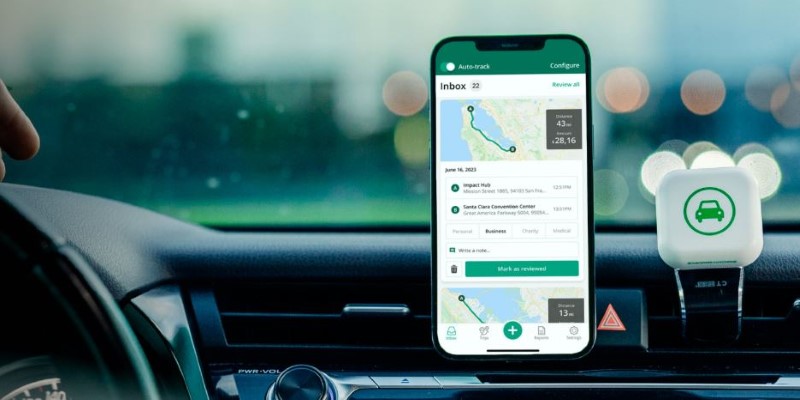
Driversnote uses iBeacon technology to track your drives automatically. The iBeacon is a small device you place in your car. Once it's set up, every trip is recorded when you enter your vehicle. This means you don't need to worry about starting or stopping the tracker. It's ideal for people who want zero input but full records.
How to Use a Mileage Tracking App?
Out of all the apps, Everlance stands out for its balance between automation and control. It's not just passive tracking; it gives you tools to fine-tune what's being recorded without being too complicated. If you're looking for a reliable, easy-to-use app that doesn't bombard you with too many features, this is the one to explore.
Once the app is installed and you’ve allowed GPS access, the first thing to do is adjust your work hours. This prevents the app from tracking personal trips outside business time. To set this up, go to “Auto-Detection” under settings and tap on “Work Hours.” Pick the days and time slots you usually drive for work. This way, any drives outside of those hours won’t clutter your mileage logs.
Next, make sure your trip classification settings are configured. By default, Everlance will ask you to swipe left or right to label trips as personal or business. But you can take it a step further by creating custom purposes—like “Client Meeting” or “Delivery Route.” When you do this, the app remembers your choices and begins auto-classifying future trips with similar patterns. To add a custom category, tap “Trips,” open any recorded drive, and look for the “Purpose” section. Tap the + symbol to create a new label, then apply it. Over time, this will save you from sorting trips manually.
Conclusion
Finding a solid mileage tracking app for iOS depends on how you work and what level of detail you need. Some are best for rideshare drivers, others for freelancers, and a few are made for teams. Whether you're looking to track miles quietly in the background or want detailed breakdowns of your earnings, there's a tool that fits your needs. Everlance offers a great mix of automation and flexibility, making it a smart pick for most individual drivers who want accurate logs without spending time managing them.
Related Articles
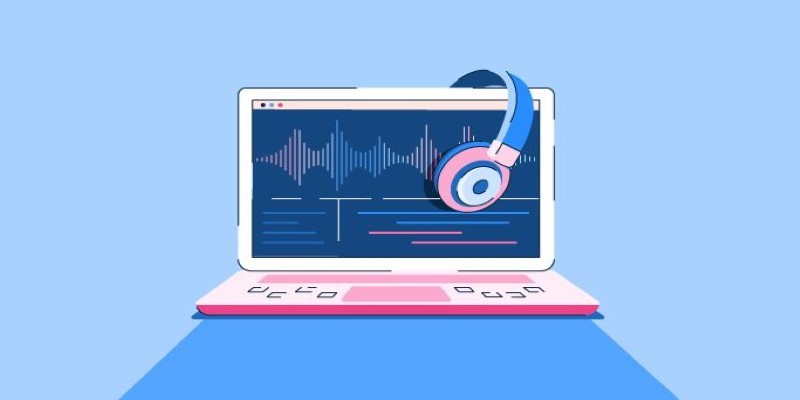
8 Free Audio Editing Tools Worth Trying: A Comprehensive Guide
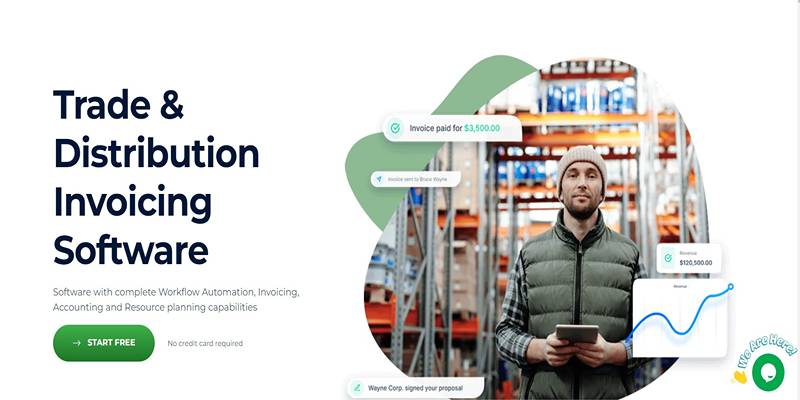
Top Invoice Platforms for Distributors and Trading Companies 2025
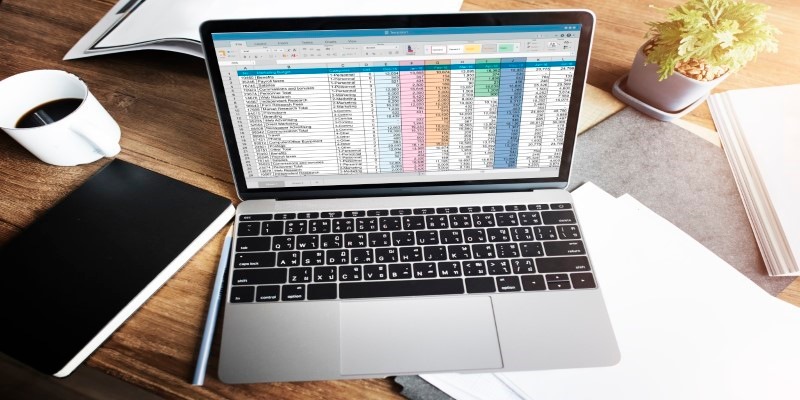
9 Excel Password Recovery Tools That Work

Best Tools to Analyze and Free Up Disk Space
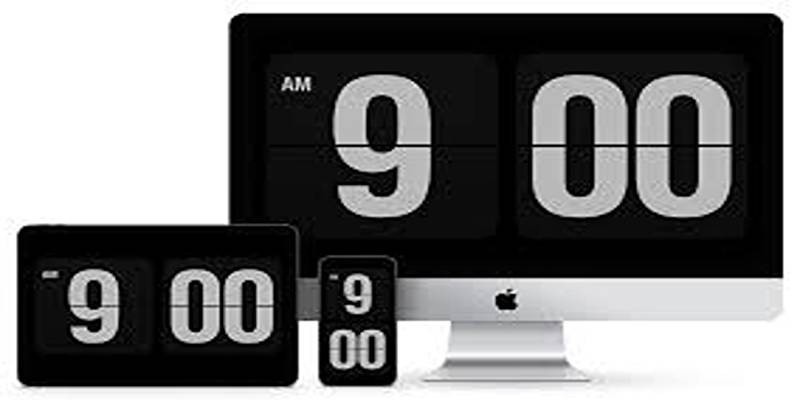
Best Online Flip Clock Tools to Show Time on Any Device in 2025
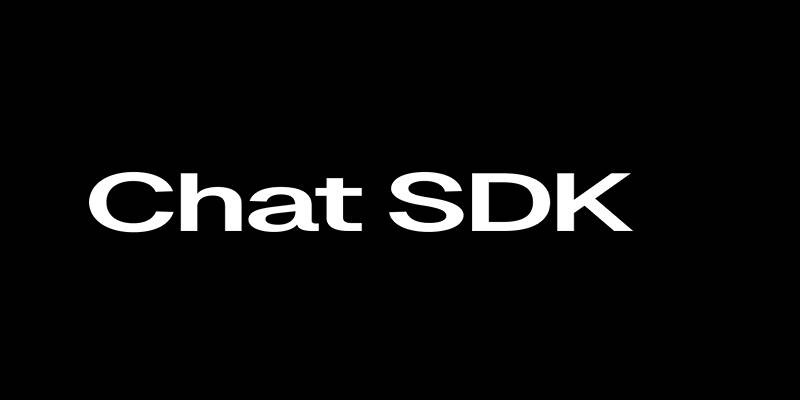
Discover the Best Chat SDKs for Real Time Communication Features

Top Digital Drawing Apps Every Artist Should Try

Best Places to Submit Your New Software Project

Best GUI Toolkits to Build Rust Desktop Interfaces
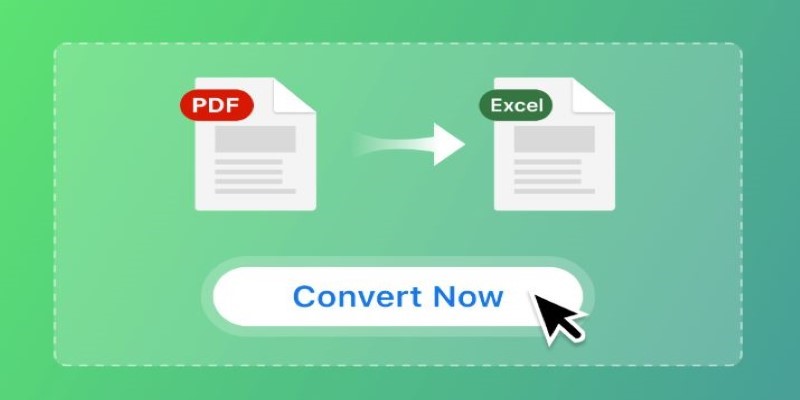
Top Tools to Convert PDF Files into Excel Sheets

Find Jobs Faster Using These Automated Job Search Websites
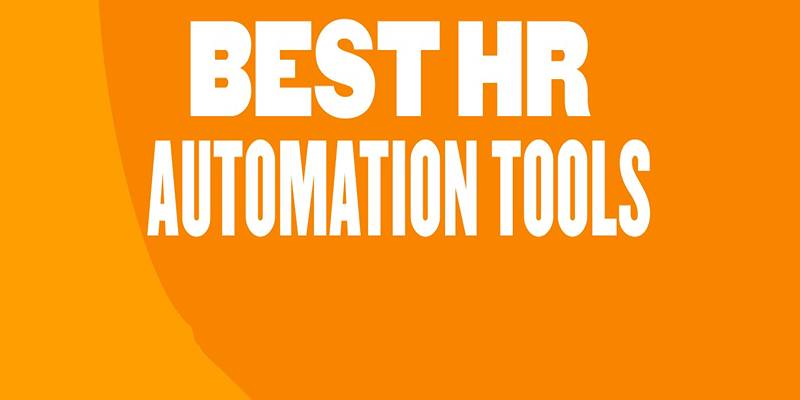
 novityinfo
novityinfo